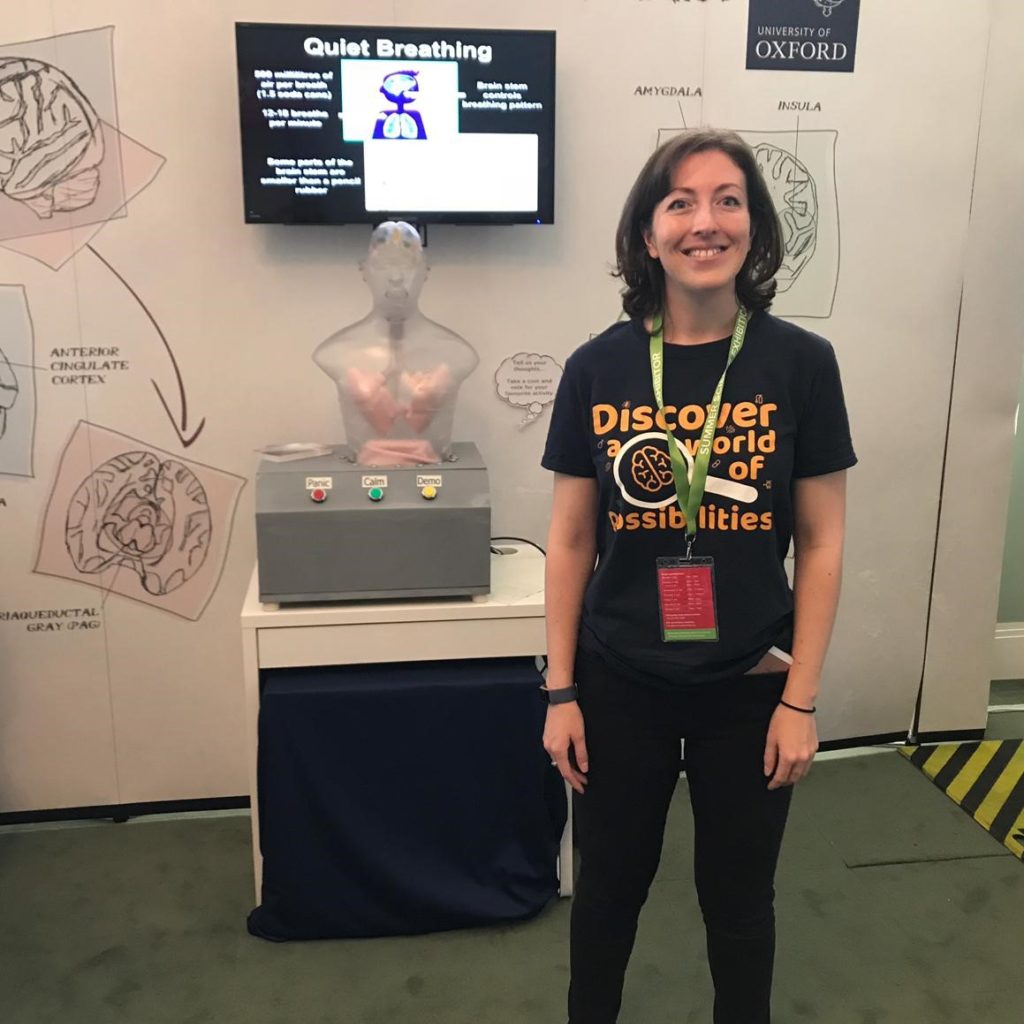We regret that this scheme will not be open to applications in 2025.
The NIHR Oxford BRC regularly makes funds available to support the training and career development of Oxford BRC-affiliated research staff. This scheme provides funding for short courses or modules which will provide training and expertise in research skills or research management. Where appropriate such modules may be used towards a Masters Degree. The funding cannot be used for conference attendance, travel, accommodation or subsistence. Research leads may be able to advise you on the type of training that would be useful to develop the necessary research skills for your particular research role.
Funds available
The maximum amount available is £3,500. If you are studying for a part-time Masters programme, you will need to apply for specific modules on an annual basis.
Eligibility
Priority will be given to research nurses, midwives and allied health professionals working in an Oxford BRC theme. All applicants should be employed by either the University of Oxford or the Oxford University Hospitals NHS Foundation Trust.
The course/module should be on a topic that will improve your research skills and be of benefit to the BRC-related research in which you are currently involved. This funding is not available for DPhil or PhD courses.
If you experience any difficulty downloading the application form, please request a form: jennifer.anderson@ouh.nhs.uk.
The application will need to include a signed statement from your group head/principal investigator stating that they support your application, confirm your BRC affiliation and will facilitate any associated request for leave/study leave
Completed applications should be returned in word format by e-mail to: jennifer.anderson@ouh.nhs.uk
Conditions associated with the award
At the end of the course/module we ask you to give us feedback on the quality of the training and your experience of the course; we’ll provide you with a feedback form.
Case Studies
Four of the award-holders discuss here how they have used their funding.
Sarah Finnegan

Postdoctoral Researcher, Nuffield Department of Clinical Neurosciences
“My research aims to understand how the brain generates feelings of breathlessness. Having recently completed a clinical research trial, I wanted to learn some new analysis techniques and take advantage of the rich dataset. The BRC training fund has allowed me to participate in an online course run by the University of Oxford – ‘Statistical Computing with R and Stata’. I’m really enjoying the course and learning lots of new ways to work with data, which I know will not only help me with this current project but also future ones.”

Carlos Morgado Areia
Clinical Researcher, Nuffield Department of Clinical Neurosciences
“I am a Clinical Researcher for the Development of Healthcare Technologies working in the Critical Care Research Group. I have used my BRC award to do a postgraduate certificate in Health Data Analytics at UCL. Coming from a clinical background, this allowed me to establish a foundation of statistics, machine learning and public health data science that I am now looking forward to developing further.”
Beth Fordham

Senior Psychology Research Fellow, Nuffield Department of Orthopaedics, Rheumatology and Musculoskeletal Sciences
“My BRC funding allowed me to attend University College London’s Advanced Behaviour Change School. I am a health psychology researcher working within physical rehabilitation trials. One of the major aspects of my work is to integrate behaviour change techniques into physical rehabilitation programmes. The techniques are most commonly used to increase patients’ adherence to physiotherapy exercise and consequently improve long term health outcomes. Our clinical trials have found that the integration of these techniques improves outcomes; however there is always scope to increase our effect sizes. The Summer School at UCL was an in-depth two-day course focussing on patient motivation for change.
“As a health psychologist, I am often the only psychologist working in a particular health field. Attending the course not only increased my understanding of the behaviour change model and intervention development, but it also provided me with an opportunity to network with other behaviour change scientists and psychologists.
“Since attending the course I have developed two interventions based on the principles I learnt during the Summer School. I am very grateful to the BRC for funding this training course which has been personally and professionally very useful.”

Svetlana Milca
Clinical Trial Coordinator, Nuffield Department of Orthopaedics, Rheumatology and Musculoskeletal Sciences
“I work as a Clinical Trial Coordinator in the Oxford Trauma & Emergency Care group. I have more than 5 years of experience of overseeing the conduct of Phase I, Phase II and Phase III studies (including commercial studies and academic trials) and non-CTMs studies.
“I’m currently studying the MSc Clinical Trials at London School of Hygiene and Tropical Medicine and my BRC research training bursary has funded individual postgraduate modules. My experience of distance learning so far has been positive due to the interesting materials, collaborative group work and networking opportunities with other students from different backgrounds. The MSc programme gives me a unique opportunity to work full time while improving my academic qualifications and will equip me with the practical and theoretical knowledge and skills to pursue a career in clinical trial management.”